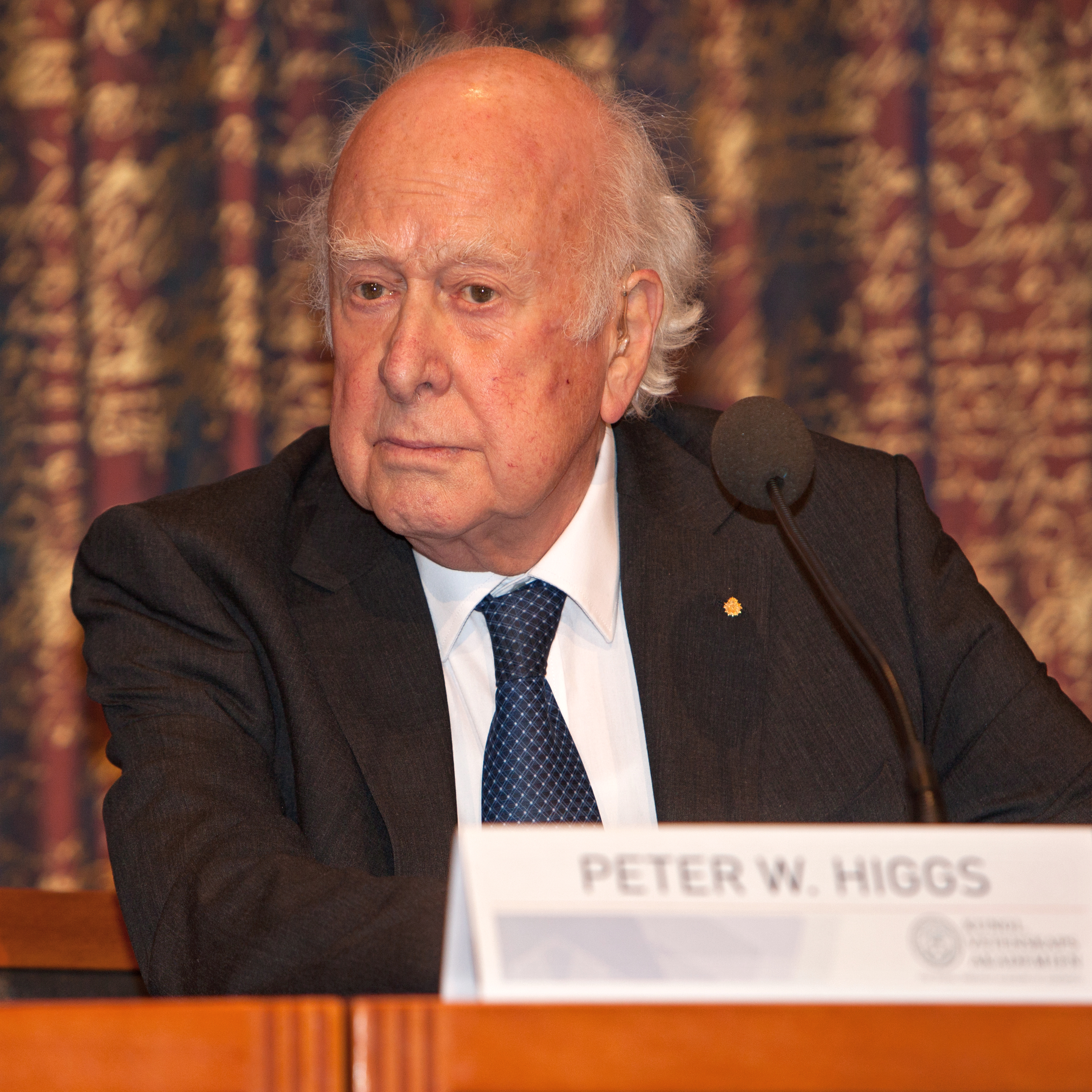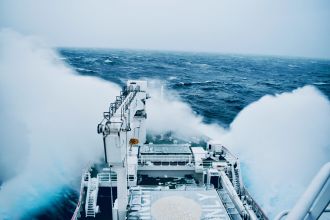-
Legalising weed likely doesn't lead more teens to it
JAMA Pediatrics
Making cannabis legal in the US doesn't appear to have an effect on adolescents' use of the drug, say US researchers. The investigation looked into survey data over ten years, and, while the legalisation may be associated with modest decreases in Read more about Legalising weed likely doesn't lead more teens to it
InternationalBoston College, USA -
Pregnancy complications can put women at an increased risk of early death for the next 40 years
JAMA Internal Medicine
Women who had pregnancy complications, including gestational diabetes, preterm delivery, high blood pressure, preeclampsia and having a small birthweight baby, may have an increased risk of dying prematurely that lasts for over 40 years. The research Read more about Pregnancy complications can put women at an increased risk of early death for the next 40 years
InternationalThe University of Texas, USA -
Hot weather may put more pressure on mental health services in emergency departments
Medical Journal of Australia
Hot weather could put pressure on the mental health services of emergency departments, with Australian researchers finding that women are more likely to visit an ED for mental health issues when temperatures are high. The study showed that while Read more about Hot weather may put more pressure on mental health services in emergency departments
Australia; NSWThe University of Sydney|The University of New South Wales... -
New way found to treat early relapse in leukaemia
Journal of Clinical Oncology
Researchers at Peter Mac have found a new way to treat a form of leukaemia that stops the disease in its tracks to prolong remission. New research, published in the Journal of Clinical Oncology, has shown how a new combination of a molecular Read more about New way found to treat early relapse in leukaemia
Australia; International; VIC; SAPeter MacCallum Cancer Centre|The University of Adelaide... -
Targeted liver cancer treatment kills cancer cells and could cut chemo side effects
International Journal of Pharmaceutics
Drug-loaded 3D printed films could change cancer treatments forever as research from the University of South Australia shows that new films not only kill more than 80% of liver cancer cells but could also significantly reduce recurrence rates Read more about Targeted liver cancer treatment kills cancer cells and could cut chemo side effects
Australia; International; SAUniversity of South Australia|The University of Adelaide -
Giant rogue waves: Southern Ocean expedition reveals wind as key cause
Physical Review Letters
A University of Melbourne expedition to the southernmost waters encircling Antarctica has discovered that wind drives the formation of colossal rogue waves, and that these unpredictable waves occur more frequently than scientists had previously Read more about Giant rogue waves: Southern Ocean expedition reveals wind as key cause
Australia; International; VICThe University of Melbourne|Swinburne University of Technology -
Combatting disruptive ‘noise’ in quantum communication
Nature Communications
An experiment has demonstrated how networks can be leveraged to combat disruptive ‘noise’ in quantum communications. The international effort led by researchers from Griffith University’s Centre for Quantum Dynamics highlights the potential of Read more about Combatting disruptive ‘noise’ in quantum communication
Australia; International; NSW; QLDGriffith University|The University of New South Wales -
Private equity purchases of Aussie healthcare grew to $4.5 billion in 2022
Medical Journal of Australia
Private equity acquisitions of Australian health care have grown over the past fifteen years, reaching $4. 5 billion in 2022, according to new data. The researchers identified a total of 75 private equity acquisitions of health care delivery assets Read more about Private equity purchases of Aussie healthcare grew to $4.5 billion in 2022
Australia; International; TASUniversity of Tasmania|Harvard University, USA -
Melbourne radio wave exposure consistent over time
Environmental Research
Environmental exposure to radio waves from wireless technology has not changed significantly in Melbourne over the last decade, a study led by scientists at the Australian Radiation Protection and Nuclear Safety Agency (ARPANSA) finds. Environmental Read more about Melbourne radio wave exposure consistent over time
Australia; VICAustralian Radiation Protection and Nuclear Safety Agency (ARPANSA)... -
Three new giant kangaroos bound back from the past
Megataxa
Palaeontologists from Flinders University have described three unusual new species of giant fossil kangaroo from Australia and New Guinea, finding them more diverse in shape, range and hopping method than previously thought. The three new species Read more about Three new giant kangaroos bound back from the past
Australia; Pacific; NSW; SA; TAS; NTFlinders University
Submit to Scimex
Upcoming events
- International Fire Behaviour and Fuels Conference Bushfires present an increasing challenge to humanity and the ecosystems and atmosphere we depend on....
- Zero alcohol beverages: Are they “normalising everything about alcohol" for adolescents? Zero-alcohol drinks - drinks that contain no or very low amounts of alcohol but resemble...










































